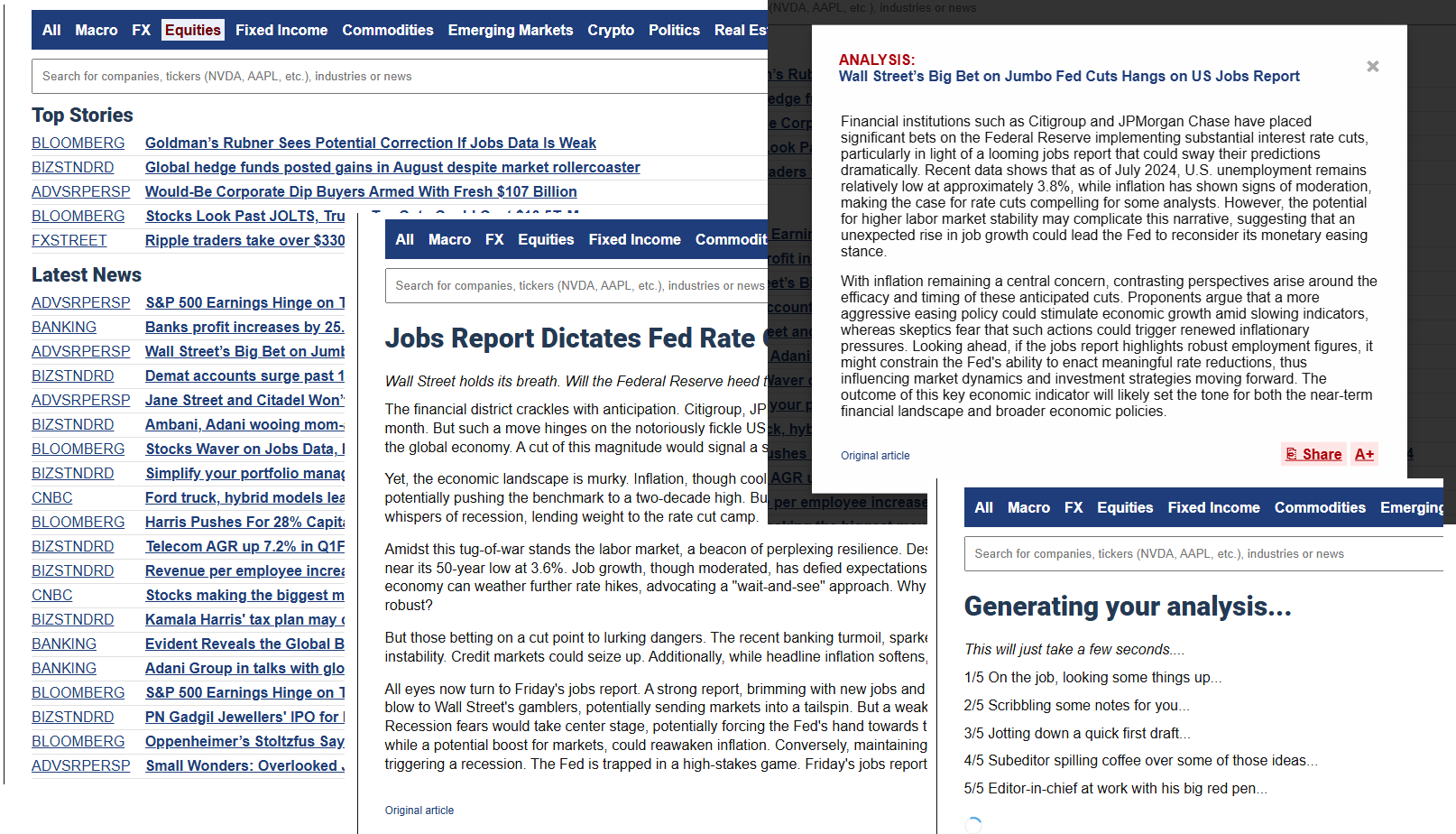Global Banking Navigates Political Economic And Digital Shifts
Global banking stands at a pivotal intersection as transformative forces continuously reshape its traditional framework. Political shifts, such as those stemming from the U.S. midterm election outcomes, have intensified speculations regarding Senate leadership, particularly at the powerful Senate Banking Committee. Republican Senator Scott's potential chairmanship could mark a paradigm shift, possibly ushering in new legislative priorities with an emphasis on sectors like cryptocurrency regulation. By advocating for a dedicated subcommittee, Scott aims to bring specialized attention to this rapidly evolving area.
Globally, regulatory frameworks are under intense scrutiny. In the United States, the move towards open banking seeks to broaden consumer choices by mandating financial institutions to facilitate easier data transfer across platforms. This shift challenges existing power dynamics and faces resistance from major banks, who contend that such regulations could disrupt current system efficiencies. This contention mirrors global discussions as nations strive to balance consumer empowerment with the need to preserve institutional stability.
In Europe, leading financial institutions from France, Germany, and the UK have championed the resumption of banking correspondence services between Israel and Palestine. This diplomatic initiative underscores the intertwining of financial systems and geopolitics, highlighting how banking infrastructure can serve both as a reflection of and a tool for diplomatic activity.
The digital revolution in banking is gaining traction as traditional banks embrace digital core platforms to keep pace with technological advancements. Companies like Temenos spearhead this transformation, offering digital solutions that enhance customer satisfaction and agility. Such progress is essential for traditional banks to remain competitive against fintechs, which provide the seamless digital experiences that today's consumers demand.
In the Middle East, digital transformation takes on strategic importance. Saudi Arabia's sovereign wealth fund supports Brookfield's ventures that combine robust financial practices with innovative digital strategies. These investments reflect a proactive approach by Middle Eastern entities to secure leadership positions in the burgeoning global finance arena.
The economic landscape presents varying rhythms across regions. In Pacific economies, most Asian central banks are cautiously evaluating interest rate cuts while managing ongoing growth prospects. This strategy contrasts with Western central banks' inclination towards monetary easing, underscoring Asia's economic resilience and strategic realignment in response to unique economic pressures.
Economic transitions are fraught with challenges. In India, banking and financial sector downturns in stock markets echo investors' anxieties amid ongoing economic volatility. This sentiment is part of a broader global trend where market fluctuations compel reevaluations of investment strategies.
To combat these shifts, banks globally are strengthening cybersecurity measures—a critical response to escalating digital threats. Financial institutions are investing substantially in cybersecurity to safeguard digital assets and customer data, which is increasingly central to modern banking operations.
On a global scale, the evolution in banking is evident. Nigeria's largest bank, for instance, has inaugurated a new branch in Hong Kong, marking the first step in its Asian expansion plan. With an initial focus on trade finance, and plans to venture into commercial banking, this move exemplifies African banks' ambition to capitalize on Asia's burgeoning economic opportunities.
Amidst these intricate dynamics, the banking sector must navigate complex challenges while seizing emerging opportunities. Facing regulatory evolution, digital innovation, and geopolitical forces, banks must maintain agility and foresight to thrive in an increasingly interconnected and dynamic landscape. The coming years will test the sector's ability to innovate and adapt, ultimately shaping the future trajectory of global banking.
AI-Powered trading insights: join our email list
Real-Time Market Analysis
Get instant insights on market trends, news impact, and trading opportunities.

